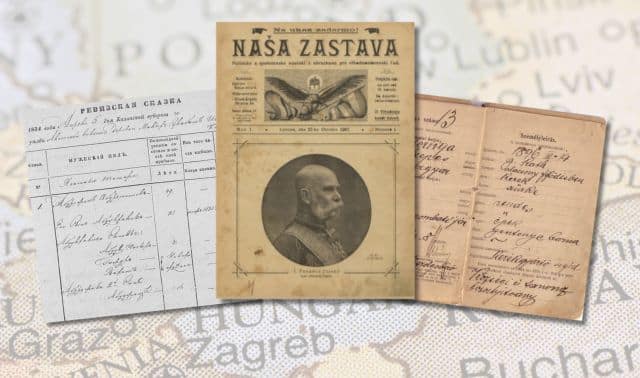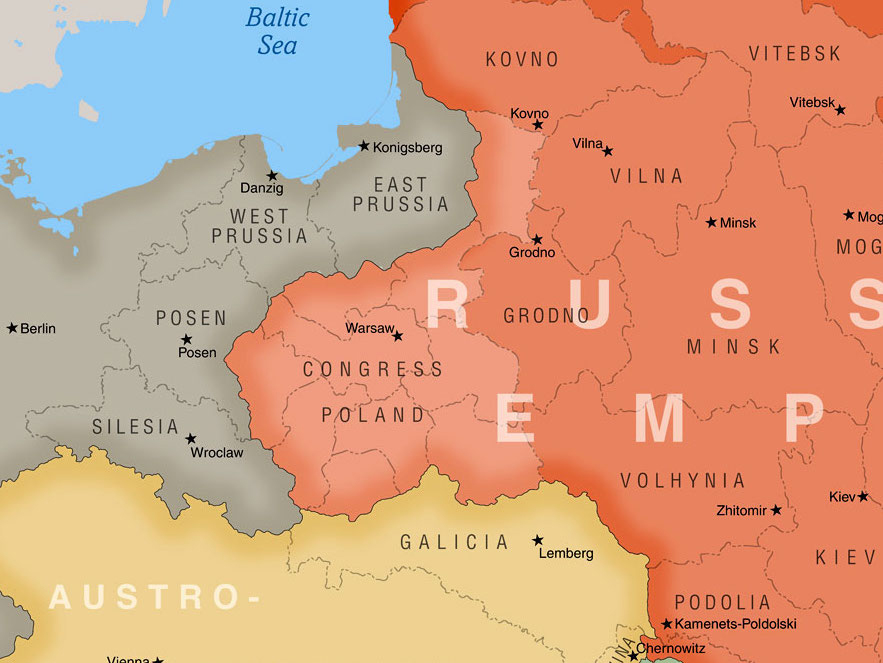Q. My father was born in Tarnopol, Poland. The city became part of Ukraine after World War II. How can I find any records?
A. After World War I, what had been called Galicia, including the province of Tarnopol, became part of the Republic of Poland. When the Soviet Army invaded eastern Poland in 1939, this region became part of the USSR. Eastern Galicia had a majority of Ukrainians, and Tarnopol and two other provinces were subsequently incorporated in the Ukrainian Soviet Socialist Republic as Ternopil. Shortly after World War II ended, many native Poles were deported to what’s now western Poland.
Even though these areas of Poland are now part of Ukraine, their pre-war records may still be in Poland. Searching the Polish State Archives SEZAM database for Tarnopol (as it was spelled when it was in the Austro-Hungarian Empire, circa 1900), for example, turns up 17 entries dating as far back as 1850. Check for the past and present names of towns in Eastern Europe using the JewishGen Communities Database of 6,000 locations; it’s useful regardless of whether your family was Jewish.
FamilySearch has microfilmed some records from Polish archives; you can borrow them through a local FamilySearch Center. FamilySearch’s online catalog also lists church records from Tarnopol.
The Polish Roots website also has helpful resources. These publications also might be useful: Galicia and Bukovina: A Research Handbook About Western Ukraine, Late 19th and 20th Centuries by John-Paul Himka and Genealogical Gazetteer of Galicia by Brian J. Lenius.
From the October/November 2014 Family Tree Magazine




